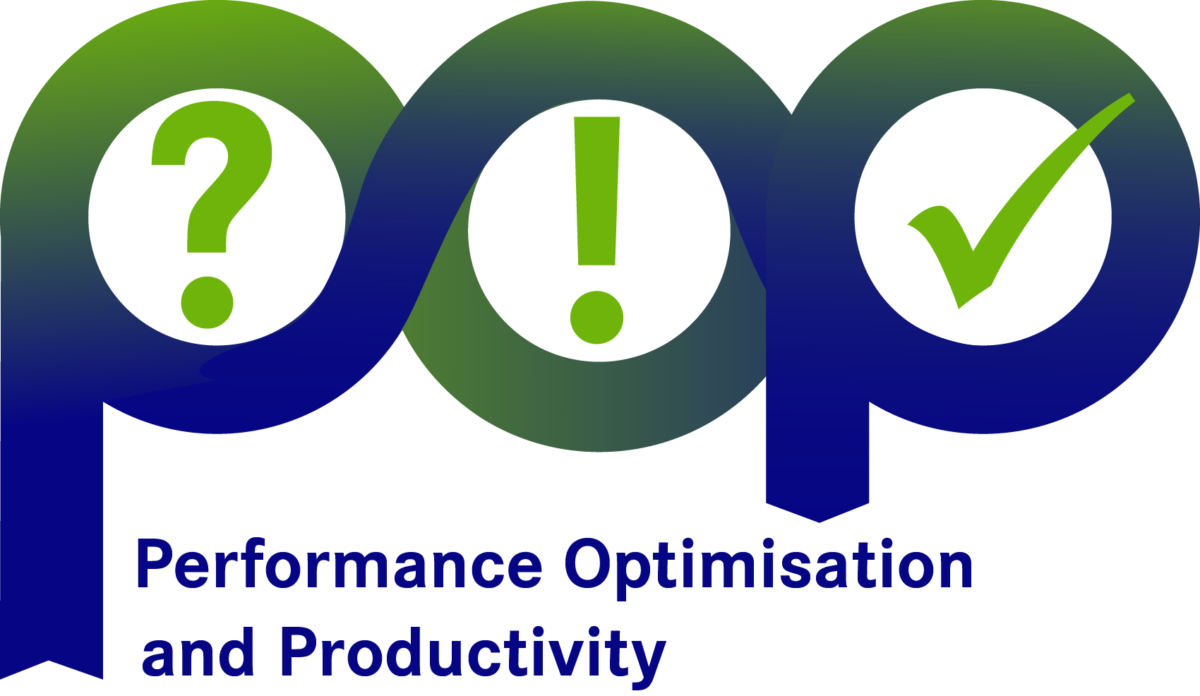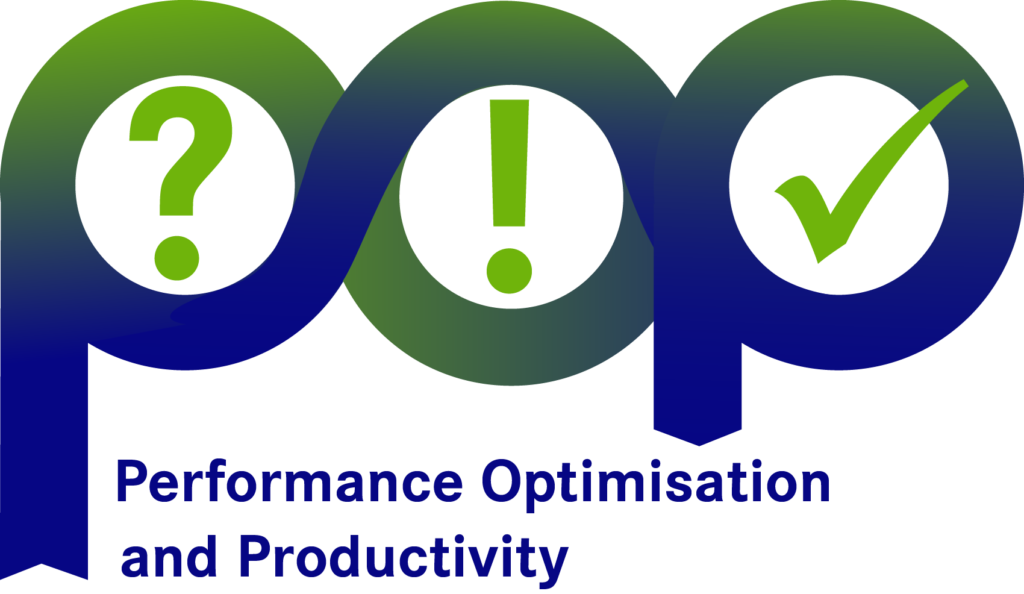Services of the POP CoE
The Performance Optimisation and Productivity Centre of Excellence in HPC provides performance optimisation and productivity services for (your?) academic AND industrial code(s) in all domains!
The idea that drives the POP CoE (Performance Optimisation and Productivity Centre of Excellence in HPC) is a simple one: to boost productivity of EU research and industry by providing free of charge services that help improve performance of high performance computing (HPC) and parallel software. The aim of POP is to offer our world-class HPC competence to organisations that want to understand software performance issues and to adopt parallel programming best practice.
Main services of the POP CoE are: Performance Audits, Improvement Plans, Proof-of-Concept demos, and Training.
- Performance Audits are an initial analysis measuring a range of performance metrics to assess quality of performance and identify the issues affecting performance.
- Improvement Plans undertake further performance evaluations to qualify and quantify solutions and estimate potential improvements.
- Proof of Concept work uses extracted application kernels to demonstrate actual benefits from tuning and optimisation.
- Training offers events and materials covering parallel profiling tools, programming models and parallelisation approaches.
Services are free of charge to organisations, SMEs, ISVs, companies in the EU!
Services of POP CoE are provided for:
- Code developers. (Assessment of detailed actual behavior, suggestion of most productive directions to refactor code…)
- Users. (Assessment of achieved performance in specific production conditions, possible improvements modifying environment setup, evidence to interact with code provider...)
- Infrastructure operators. (Assessment of achieved performance in production conditions, possible improvements from modifying environment setup, information for time computer time allocation processes, training of support staff...)
- Vendors. (Benchmarking, customer support, system dimensioning/design...)
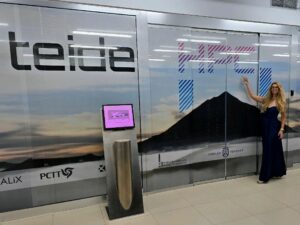 Building International Cooperation in HPC: Visit to ITER Tenerife and Teide HPC 17 Jul - At the beginning of July 2025, Lucia Malíčková, representative of the National Supercomputing Centre (NSCC) and the National Competence Centre for High-Performance Computing (NCC for HPC), had the opportunity to visit the renowned technological and research institution ITER – Instituto Tecnológico y de Energías Renovables, S.A. on the island of Tenerife.
As part of the working visit, she met with the center’s director Carlos Suarez and Jesús Rodríguez Alamo to discuss opportunities for establishing cooperation in the field of high-performance computing (HPC), research, development, and innovation using advanced technological infrastructures.
Building International Cooperation in HPC: Visit to ITER Tenerife and Teide HPC 17 Jul - At the beginning of July 2025, Lucia Malíčková, representative of the National Supercomputing Centre (NSCC) and the National Competence Centre for High-Performance Computing (NCC for HPC), had the opportunity to visit the renowned technological and research institution ITER – Instituto Tecnológico y de Energías Renovables, S.A. on the island of Tenerife.
As part of the working visit, she met with the center’s director Carlos Suarez and Jesús Rodríguez Alamo to discuss opportunities for establishing cooperation in the field of high-performance computing (HPC), research, development, and innovation using advanced technological infrastructures.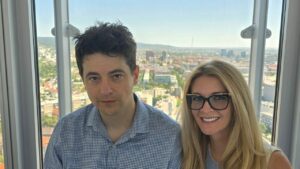 Meeting with Michal Valko, expert on large language models 15 Jul - The National Supercomputing Centre and the National Competence Centre for HPC, represented by Lucia Malíčková, met with prominent Slovak scientist Michal Valko, who is among the world’s leading experts in artificial intelligence and machine learning. They discussed opportunities for future collaboration, with a particular focus on leveraging Slovakia’s HPC capacities to support advanced research in large language models and algorithms that require minimal human feedback.
Meeting with Michal Valko, expert on large language models 15 Jul - The National Supercomputing Centre and the National Competence Centre for HPC, represented by Lucia Malíčková, met with prominent Slovak scientist Michal Valko, who is among the world’s leading experts in artificial intelligence and machine learning. They discussed opportunities for future collaboration, with a particular focus on leveraging Slovakia’s HPC capacities to support advanced research in large language models and algorithms that require minimal human feedback.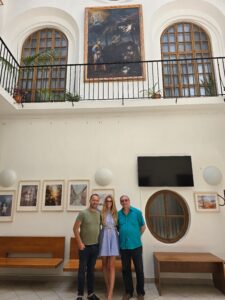 Data, Theology and HPC: A Collaboration Seeking Paths to Understanding 8 Jul - Continuing our collaboration with the Faculty of Theology at Trnava University!
The National Supercomputing Centre (NSCC) and the National Competence Centre for HPC will continue their collaboration with the Faculty of Theology at Trnava University in 2025. Following a successful joint study that demonstrated the potential of artificial intelligence and high-performance computing in the analysis of religious texts, representatives of both institutions met again to identify new areas and opportunities for future joint projects.
Data, Theology and HPC: A Collaboration Seeking Paths to Understanding 8 Jul - Continuing our collaboration with the Faculty of Theology at Trnava University!
The National Supercomputing Centre (NSCC) and the National Competence Centre for HPC will continue their collaboration with the Faculty of Theology at Trnava University in 2025. Following a successful joint study that demonstrated the potential of artificial intelligence and high-performance computing in the analysis of religious texts, representatives of both institutions met again to identify new areas and opportunities for future joint projects.
